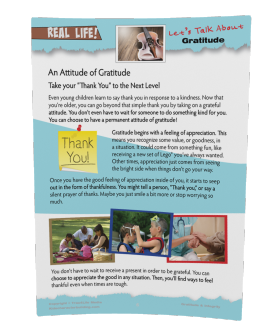Understanding and Dealing with Fear
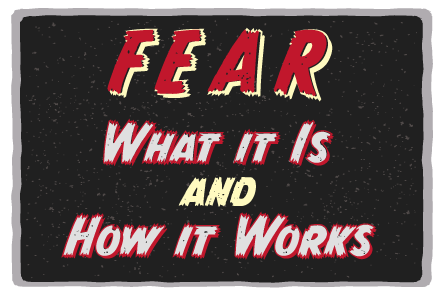
Emotions are often complex and can be hard to understand. Why do we even have them? Do they serve any purpose? The answer is yes! Every emotion helps us to understand and respond to our environment appropriately.

The Purpose of Fear
So what is the purpose of fear? At its most basic level, fear protects you from potentially dangerous threats like high cliffs or wild animals. Whenever your senses (sight, touch, smell, hearing, or taste) detect that something is potentially dangerous, fear provokes a physical reaction in your body. You can start to breathe faster and your heart starts beating quicker, pumping more blood to your muscles and oxygen to your bloodstream. When this happens, your body is preparing itself to react to the perceived threat in what is called the “fight or flight” response. As the name suggests, your body is preparing you to either fight that scary thing off or run far away from it.
Watch the Video
This can be a good thing! If the threat is truly dangerous, then it’s good to be scared so you don’t get hurt. For example, it is good to be afraid if you wake up and smell smoke in your house. This fear can help you realize that you are in danger, and that it’s best to listen to the “flight” response and get to safety.
The Mental Side
Like nearly all emotions, fear has both a good (or healthy) side, and a bad (or unhealthy) side. This is partially because fear is not just a physical response—it also has a mental component to it! At times, your brain can wrongly categorize something as dangerous, making your body react to a threat that doesn’t actually exist or is not truly dangerous. For example, people often physically react to a monster in a scary movie (often with a jump or a scream), even though the creature is not actually in front of them—it’s just the special effects tricking their mind! There are also other emotional or psychological factors that can contribute to your developing a fear.
Some fears, especially emotional or physiological ones, can start out as good fears but then become bad. For example, a fear of heights can be healthy if it prevents you from climbing something that is dangerously high where you could fall and hurt yourself. However, this can turn into something unhealthy if you become so scared that you cannot do practical things like climb stairs or fly on a plane when necessary.

Whenever a fear reaches a point where it prevents you from living a normal life, that’s when you know it has become unhealthy. Fear prevents you from risking your life, but it’s also important to remember that life is full of different kinds of risks, both emotional and physical, and it’s okay to take risks every once in a while to live a normal and fulfilling life.
So, if you are afraid, one good starting strategy is to ask yourself, “Is this a good fear or a bad one?” If it is a good fear (one that protects your physical or emotional safety), then follow your instincts. Your brain should do this rather quickly. If it is a bad fear, then there are a few ways of handling it. For that, it helps to know other ways that unhealthy fears can develop.
Fear of the Unknown
People are often afraid of things they don’t understand or things that are new to them. Imagine how afraid the first people to ride an airplane must have been. They had never seen anything like a flying machine before, and that fact probably made them scared of it, feeling unsure if the machine could really get them safely into the air and back on the ground again.
But eventually, once people saw that it was safe, (and perhaps understood the science behind aerodynamics) they felt less fear about flying. So if you are afraid of something, especially something that may be new to you, it might be helpful to do some research on that topic.
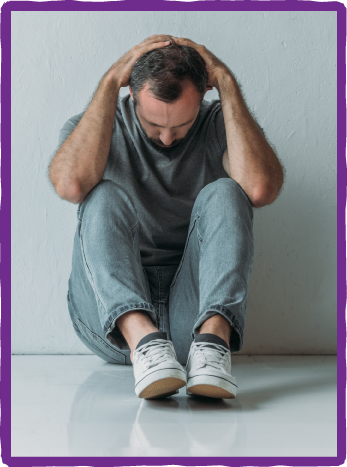
Ask your teachers or parents if they can help you. If they don’t know the topic very well, they may be able to direct you to a trustworthy resource. Learning more about the issue may help you realize that your fears are not really founded in reality, and there’s no real reason to be afraid after all. On the other hand, more research may help you realize that something is potentially dangerous, and give you informed ways of addressing that potential threat. For example, for a long time we thought cigarettes were just fine for us, even healthy. But then, after more research, we realized that they are actually very bad for us and can even lead to lung cancer.
Fear from Bad Experience
Sometimes people fear something because they had a bad experience with it in the past, either when they were younger or during another important time in their life. The psychological part of fear is very complex and personal. A fear can form because of a traumatic accident, like a serious car crash, or because of something that happened to a close family member. In this case, it is important to remember that just because something bad or scary happened once (or even in a movie), that does not mean it will always turn out that way.
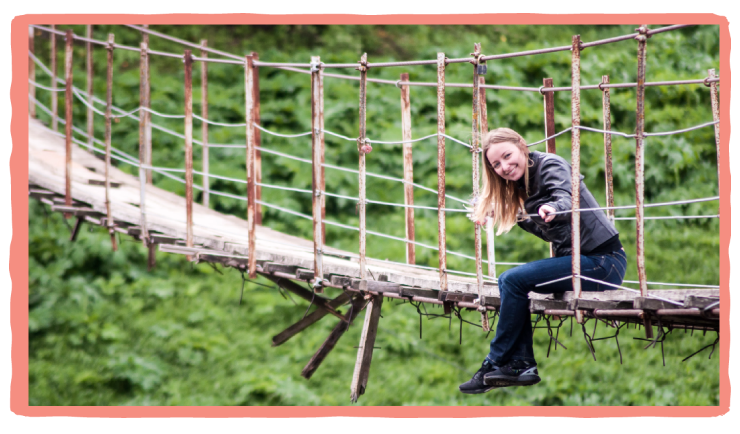
The Opposite of Fear
Fear is a strong and instinctive emotion. Another strategy to combat a deep fear (one that is psychological and not triggered by a physical or environmental danger) is to replace it with an equally strong emotion such as love.
To overcome an ingrained response, you can’t just tell yourself to stop and expect the response to go away. You need to replace the negative emotional response with a positive one, like replacing a bad habit with a good one. So, if you notice that you are consistently afraid of something non-physical, try replacing that emotion with its opposite—dwell on something or someone you strongly love.
Remembering a deep love (either a person who is very special to you or a passion of yours) can help you overcome that feeling of insecurity and remind you of the good in your life worth cherishing and fighting for.
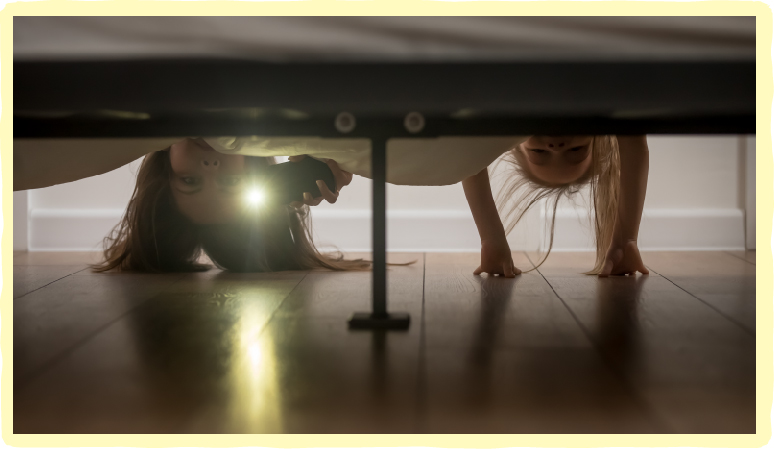
When Fear Grows Too Big
There are times when your fears, particularly psychological ones, can become too much for you to handle on your own. Sometimes the fear is too complex or too hidden behind other emotions for you to recognize it without some outside help. In this case, it would be wise to talk to your parents and ask if they can take you to see a reliable psychologist or counselor—someone who can listen and help you recognize what the problem actually is.
Many people suffer from different kinds of anxiety, which is a fear-related emotion. For example, social anxiety starts with a fear of not knowing how to interact in social situations—especially big gatherings like parties. A counselor or psychologist may help you identify if you are experiencing anxiety or other related issues.
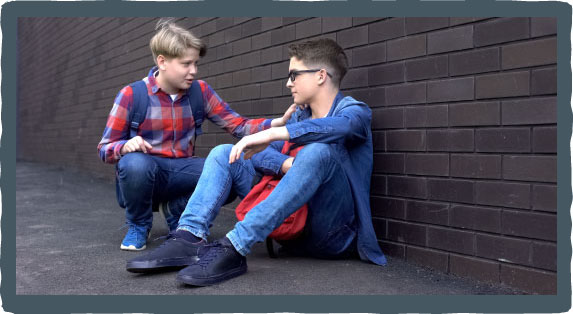
Fear is nothing to be ashamed of. It is a natural and instinctive emotion that can be both good or bad, physical or psychological, and helpful or unhelpful. Now that you know the basics of what fear is and how it works, you can start identifying the fears in your own life and maybe even help a friend who needs your support.




